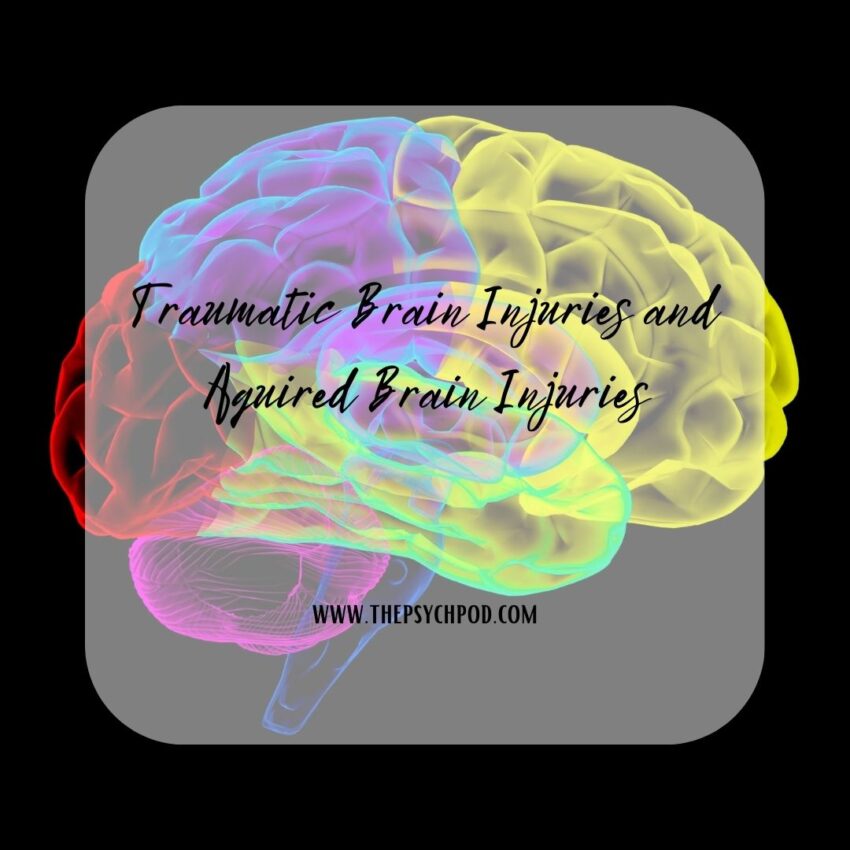Traumatic Brain Injuries (TBI’s) and Acquired Brain Injuries (ABI’s) are two distinct but equally serious conditions that affect millions of lives worldwide. Both can have profound and lasting effects on individuals and their families. Let’s delve into the differences between these two types of brain injuries and their respective consequences.
Traumatic Brain Injuries (TBI’s):
TBI’s occur as a result of a sudden external force to the head, often caused by accidents, falls, sports injuries, or violence. The severity of a TBI can range from mild concussions to severe injuries with lasting cognitive, emotional, social, occupational, and physical impairments. The symptoms is extensive and can vary widely, some of the most common symptoms include headaches, dizziness, vertigo, cognitive deficits, mood changes, insomnia, sensory issues and deficits, motor deficits, speech and language deficits and changes, personality changes, impulsivity, irritability, anger and various psychiatric symptoms depending on the site of the injury.
Acquired Brain Injuries (ABI’s):
ABI’s, on the other hand, are injuries that are organic in nature caused by pathology of the brain and structural diseases. ABI’s can arise from internal factors such as strokes, seizures, infections, tumors, anoxia (lack of oxygen), hypoxia (insufficient oxygen), and degenerative diseases like Alzheimer’s Disease, Parkinsons Disease, Lewy Body Dementia, and others. Unlike TBI’s, ABI’s are not caused by external forces and are often related to organic conditions. ABI’s can also result in a wide array of cognitive, motor, speech and sensory deficits. As well as, personality mood changes, and various psychiatric symptoms depending on the specific area of the brain affected.
Key Differences:
1. Cause: TBI’s are caused by sudden external impacts, while ABI’s stem from internal factors.
2. Onset: TBI’s are typically immediate and caused by an identifiable event, whereas ABI’s may develop over time due to underlying medical conditions.
3. Prognosis: While both TBI’s and ABI’s can lead to varying degrees of impairment, the outcome of ABI’s may be influenced by the underlying condition and its progression.
4.Prevention: TBI’s can often be prevented through safety measures such as wearing helmets and seatbelts, whereas ABI’s may be more challenging to prevent due to their medical nature.
Both TBI’s and ABI’s require specialized care and rehabilitation to help individuals regain lost functions and adapt to their new circumstances. Health care providers and support networks play a crucial role in facilitating recovery for those affected by these injuries.
Raising awareness about the differences between TBI’s and ABI’s is essential not only for understanding the complexities of these conditions but also for promoting safety, supporting research, and advocating for improved treatments. Whether the result of an accident or an organic condition, the impact of these brain injuries underscores the importance of prioritizing brain health and fostering a more empathetic and informed society.
